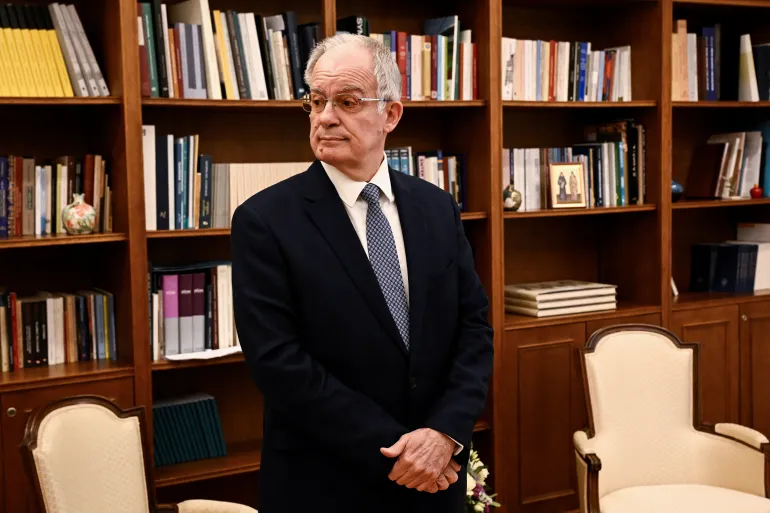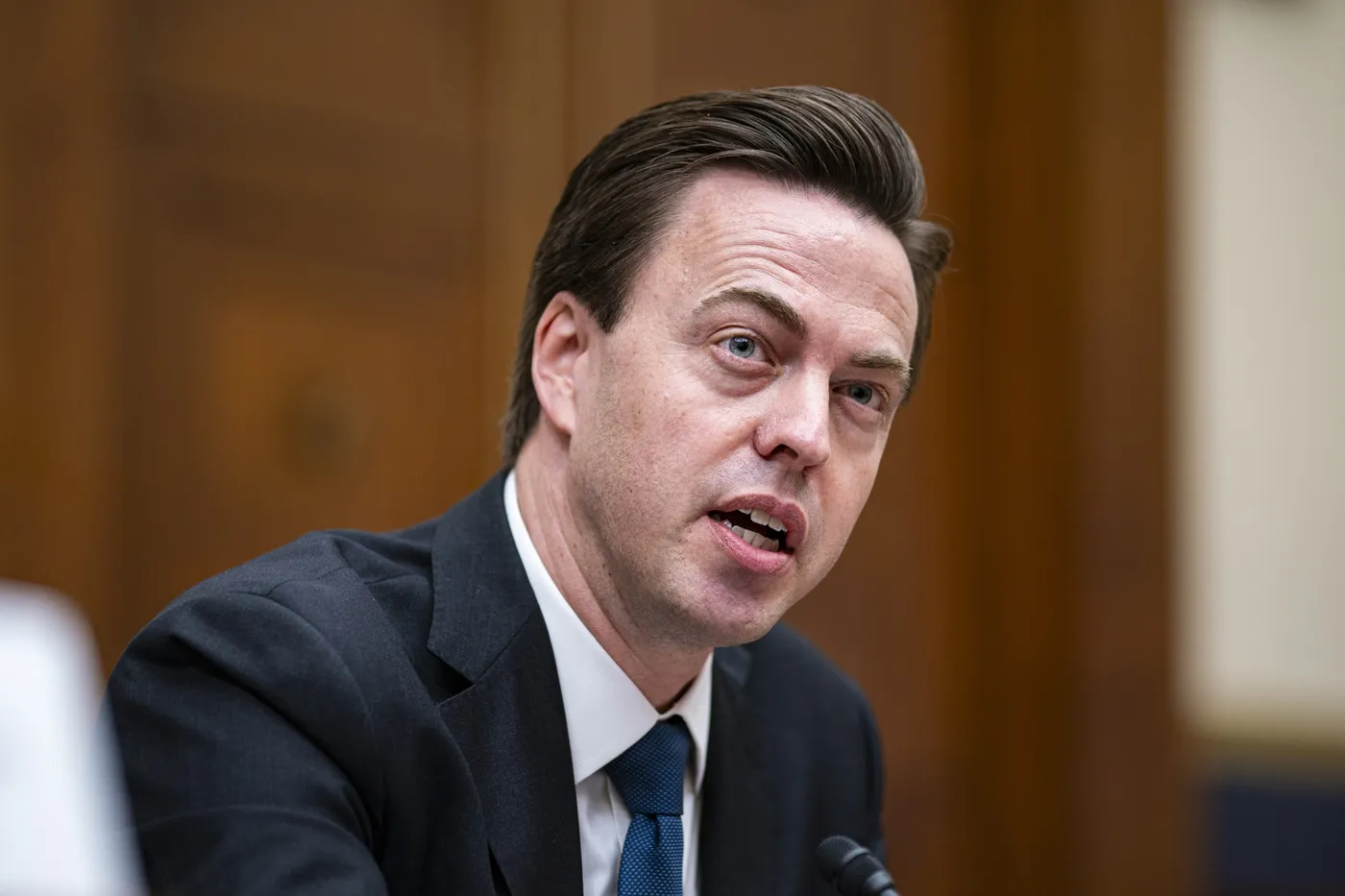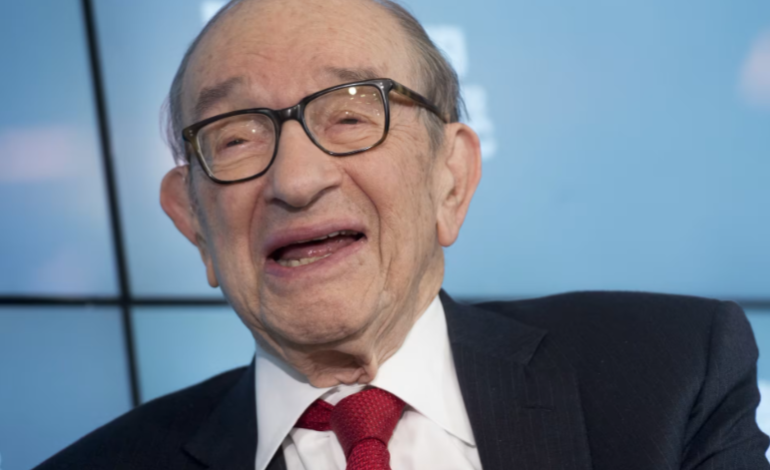The US stock market, by a key valuation measure, is now at the same level as when former Federal Reserve Chair Alan Greenspan delivered his well-known “irrational exuberance” speech in December 1996, Market Watch reports.
This observation comes as analysts warn that equities may be priced for perfection, raising concerns about the market’s vulnerability.
Bloomberg Opinion columnist John Authers calculated that Greenspan’s preferred valuation model, which compares the earnings yield of stocks to the yield on 10-year Treasury bonds, indicates that stocks are their most expensive since 2002. The earnings yield, which is the inverse of the price-to-earnings ratio, measures how much a company earns per dollar of stock price. Currently, this valuation metric mirrors the conditions of 1996, when Greenspan’s speech highlighted the dangers of overvaluation.
The recent dip in the model’s valuation metric is driven less by soaring stock prices and more by rising US bond yields. The yield on 10-year Treasury bonds recently climbed for the fourth consecutive day, reaching 4.66%, fueled by concerns over persistent inflation and economic uncertainty.
Goldman Sachs’ chief global equity strategist, Peter Oppenheimer, noted that stocks are “priced for perfection,” with the recent surge in equity prices ranking in the 93rd percentile of comparable periods over the past century. While Oppenheimer expects further progress in equity markets over the year, driven by earnings growth, he cautioned that markets are increasingly exposed to risks such as rising bond yields or disappointing economic and corporate performance.
Federal Reserve Governor Lisa Cook also voiced caution, warning that stock and corporate bond markets are “susceptible to large declines” at current price levels.
The S&P 500 index sits just 3% below its record high, even as stock valuations remain elevated. Market participants are watching closely for signs of economic resilience or weakness that could sway investor sentiment. On Wednesday, the S&P 500 managed a small gain despite looming concerns.
However, US stock index futures edged lower on Thursday following news of additional restrictions on Nvidia exports. The market was closed in observance of President Jimmy Carter’s funeral, offering investors a brief respite from recent volatility.








